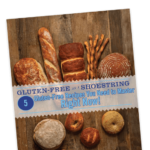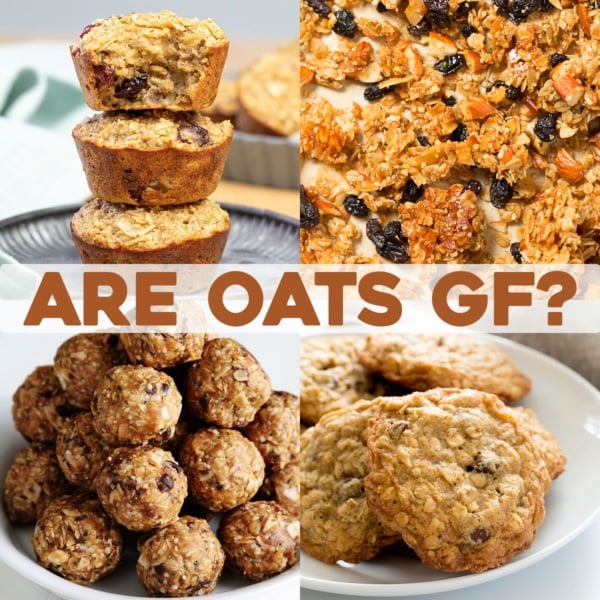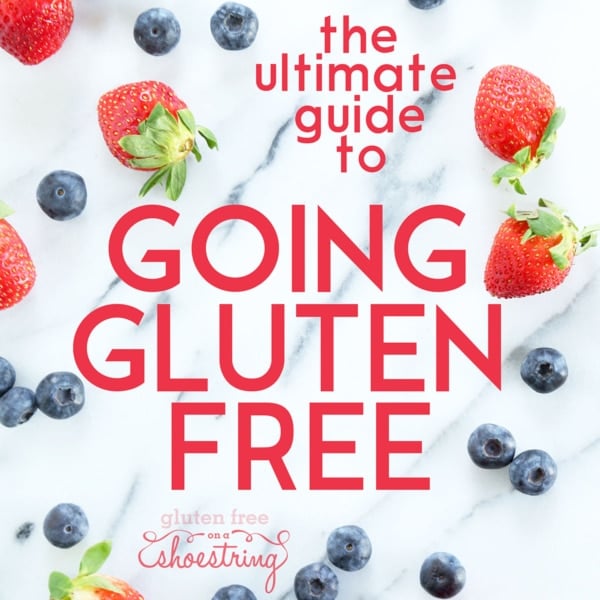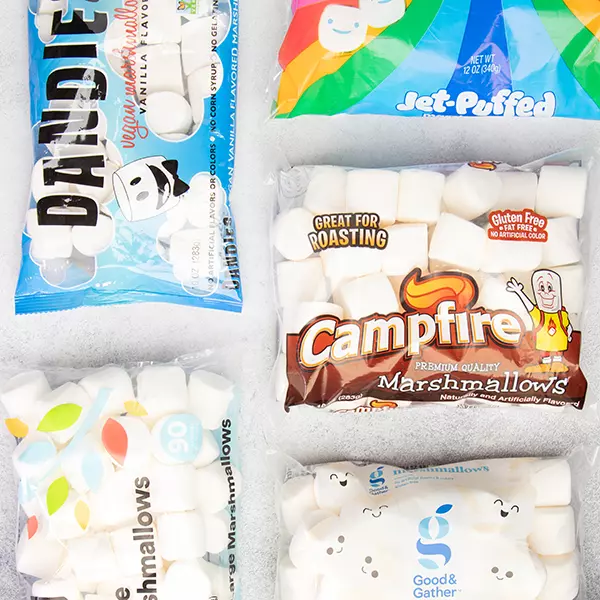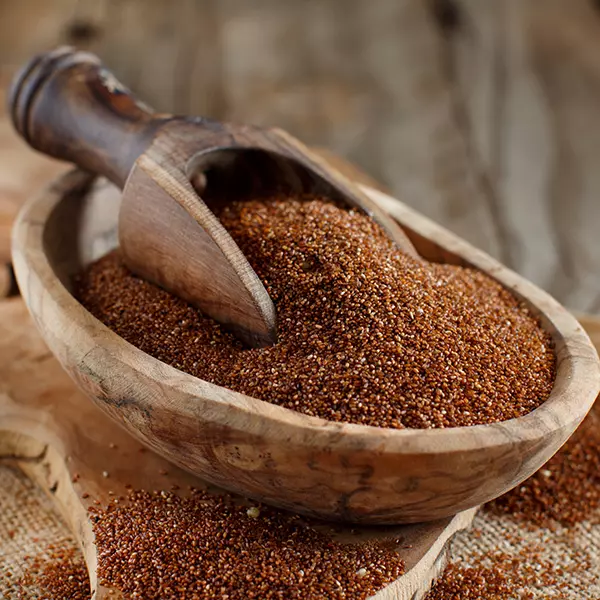This post may contain affiliate links. Please read our disclosure policy.
Cheese is naturally gluten free. Rejoice! Unless you're also dairy intolerant. However, it's not quite that simple.
Yes, pure cheese is gluten free, but flavored and processed cheese products may contain gluten. And vegan cheese is its own minefield, as it often contains oats, which may or may not be gluten free. So you should be safe with plain old fashioned cheese, if you're going for a product with additives, flavorings, or a dairy free alternative, only buy it if it's labeled as gluten free.
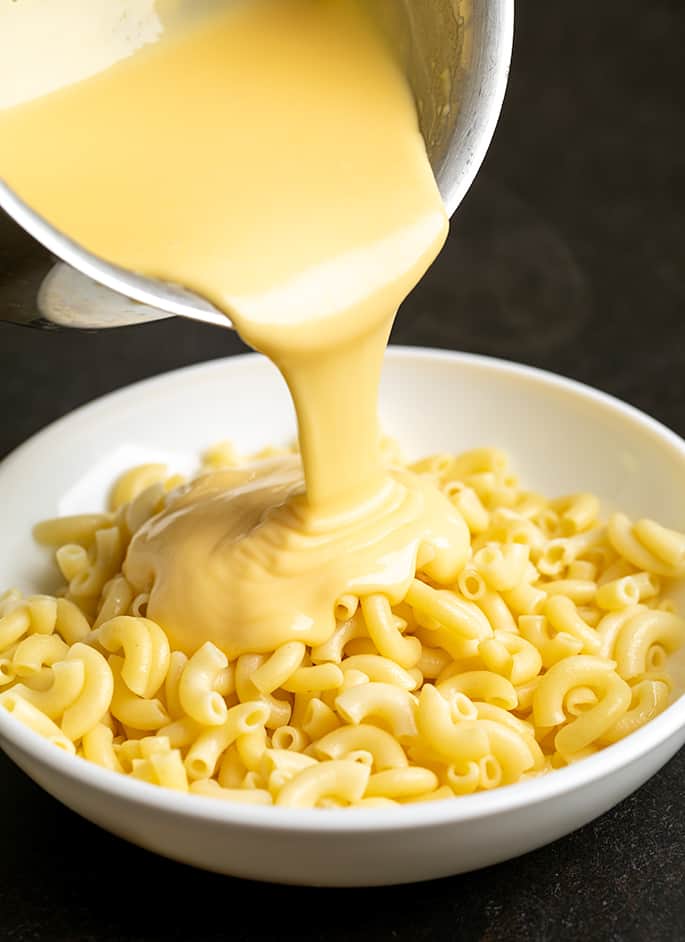
In a nutshell: Is cheese gluten free?
Yes, cheese is gluten free. Mostly.
In general, cheese does not contain wheat, barley, rye, or triticale (a wheat-rye hybrid), which are the gluten grains. Pure cheese does not contain gluten, but processed cheeses might.
Vegan cheese also commonly contains gluten. Plus, products that contain cheese as just one of many ingredients may well contain gluten.
If you're buying plain cheese from a trusted brand, whether you have celiac disease or non-celiac gluten sensitivity, it should be safe. If, however, you're buying fancy flavored cheese, vegan cheese, processed cheese, cheese flavored products, or products that contain cheese as part of the recipe, there's a risk of cross contamination or of wheat or wheat starch being included in the ingredient list, so be cautious and only purchase something of this nature if it's labeled gluten free.
Gluten free cheese options
While it's still important that you check the ingredient labels before you buy, the following cheeses are generally gluten free.
- Brie
- Cheddar
- Cream cheese
- Red Leicester
- Goat's cheese
- Parmesan
- Mozzarella
- Provolone
- Swiss cheese

Which types of cheese are not gluten free?
While cheese is naturally gluten free, much processed cheese, cheese products, and dairy free alternatives do contain gluten or are at a high risk of cross contamination.
Shredded cheese, for example, you'd assume would be gluten free. But shredded cheese often has gluten, usually in the form of wheat starch, as a coating agent that coats the cheese shreds and prevents them sticking together or clumping.
Here are some of the key products to look at very carefully before you buy and ensure they have a gluten free label:
- American cheese
- Blue cheese
- Vegan cheese
- Vegan cheese spread
- Cheese spreads
- Cheese spray
- Powdered cheese
- Cottage cheese
- Ricotta
- Flavored cheese
- Grated or shredded cheese
- String cheese
- Beer, whiskey or other grain alcohol flavored cheese
Is Cream Cheese Gluten Free?
Most types of cream cheese are gluten-free and do not contain any wheat, barley, or rye. However, it is important to check the label carefully to ensure that the product is gluten-free.
Some types of cream cheese may contain additives or ingredients that are derived from gluten grains, such as stabilizers or flavorings. It is also important to be aware of potential sources of cross contamination in the manufacturing process.
Is vegan cream cheese gluten free?
Some vegan cream cheese is gluten free. Brands that are coconut or soy-based and have a relatively clean ingredients list are often gluten free. However, some oat-based spreads are not because they don't use certified gluten free oats. Additionally, some include gluten grain products as stabilizers or in flavorings, so make sure you only choose a vegan cream cheese that's labeled gluten free.
Is Philadelphia cream cheese gluten free?
Most types of Philadelphia are usually gluten free and so are safe for those with celiac disease. However, if you do follow a gluten free diet, it's vital that you check the packaging, as some Philadelphia products, including some of the flavored spreads and the vegan spread so have gluten, or at least have the potential for cross contamination.
Cross Contamination
While the answer to “is cheese gluten free?” technically, “yes”, that's not always the case. Even if the cheese doesn't have any gluten grains or their derivatives as an ingredient, some products will be unsuitable for those with a gluten sensitivity or celiac disease anyway, due to the risk of cross contamination.
For example, take regular cream cheeses with no fancy flavors. These are naturally gluten free. However, if they're processed in a plant or on the same production line as a beer cheese spread, and a safe protocol isn't in place, there's a high risk of cross contamination, rendering that cream cheese unsafe for those on a gluten free diet.
And the allergen statement should declare if a product is unsuitable for people with a sensitivity to gluten due to manufacturing methods.
So, even with something as seemingly innocuous as cheese, it's still essential that you read the packaging, and even sometimes contact the brand, company or manufacturer.
The Best Gluten Free Cheese Recipes
Because cheese is naturally gluten free, there are plenty of cheesy recipes you can enjoy on a gluten free diet. Here are some of my favorites…

Classic Macaroni and Cheese

Savory Gluten Free Cheese Scones
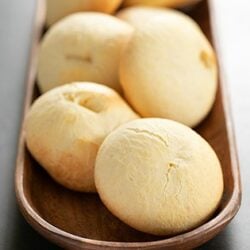
Brazilian Cheese Bread
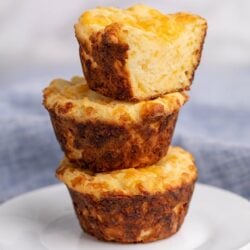
Gluten free savory cheese muffins
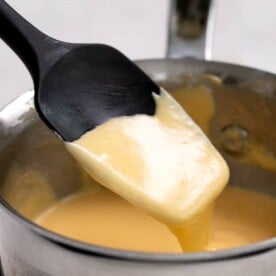
Gluten free cheese sauce
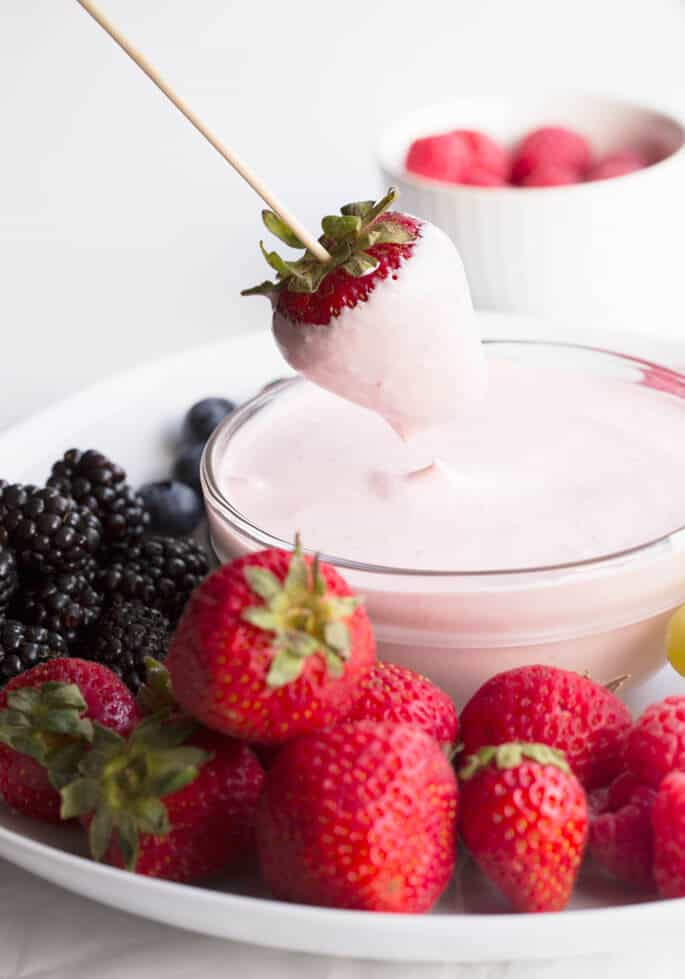
FAQs
Is Cottage Cheese Gluten Free?
Yes, most cottage cheese is gluten free, but sometimes it's thickened with modified food starch, which is often wheat-derived. Or it may have flavorings that also include wheat-based ingredients. Always read food labels before you buy.
Is American Cheese Gluten Free?
While most American cheese is gluten free, you'll need to read the food label to be certain. Some American cheeses, because they're processed, may be at a higher risk of cross contamination or may contain gluten, often in the form of wheat starch.
Does Vegan Cheese Contain Gluten?
It depends. Some vegan cheese, or dairy free cheese, is gluten free. However, others, particularly those that are oat-based, may not be certified gluten free as they don't use gluten free oats. Some may also be at risk of cross contamination from being made or packed in facilities that also process gluten-containing products.
Is Mozzarella Cheese Gluten Free?
Yes, most mozzarella cheese is gluten free. In its purest form, it has no gluten containing ingredients. But it's still worth checking the food label, just in case. And, of course, it's often included in gluten containing foods like pizza. So be cautious.
